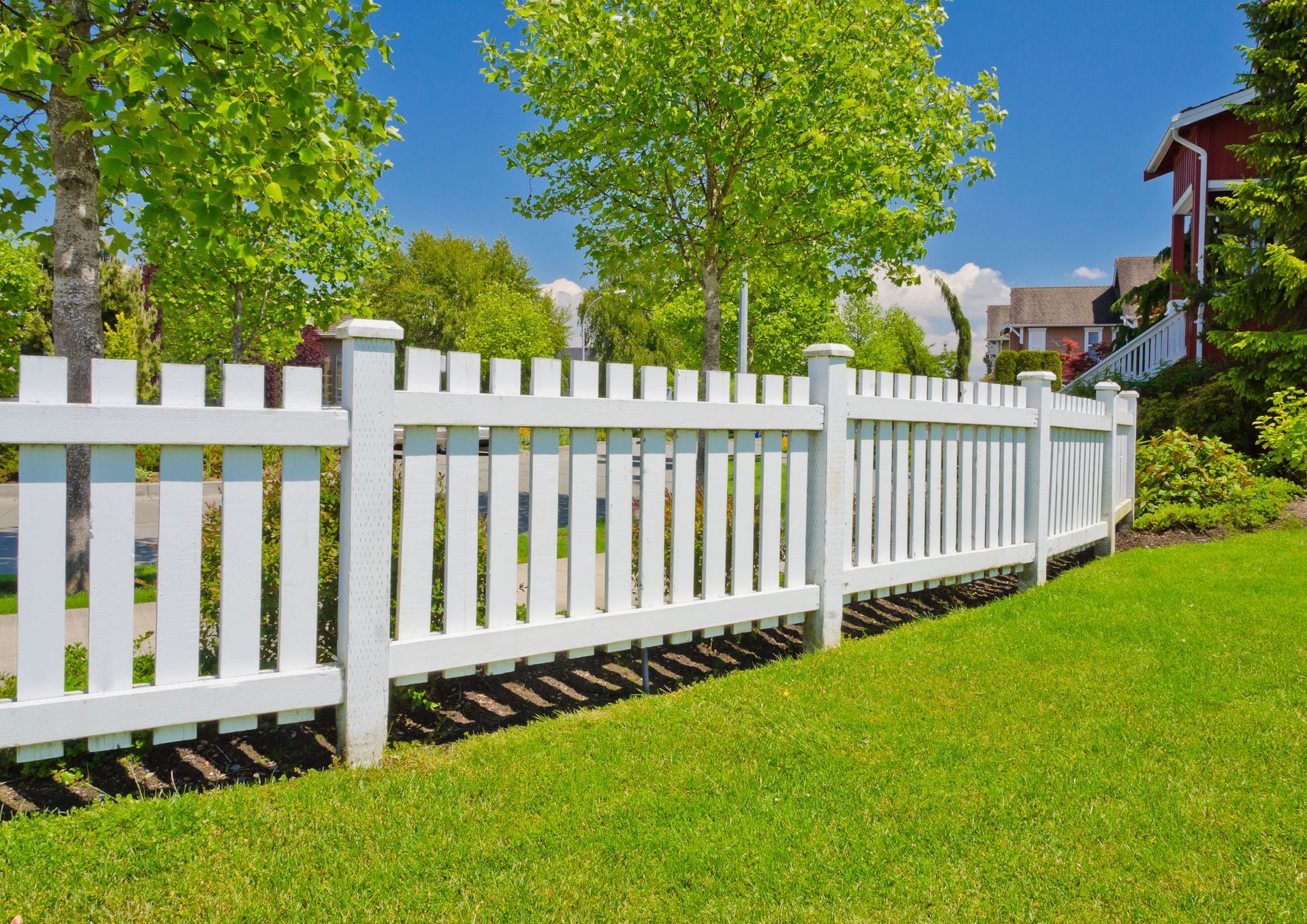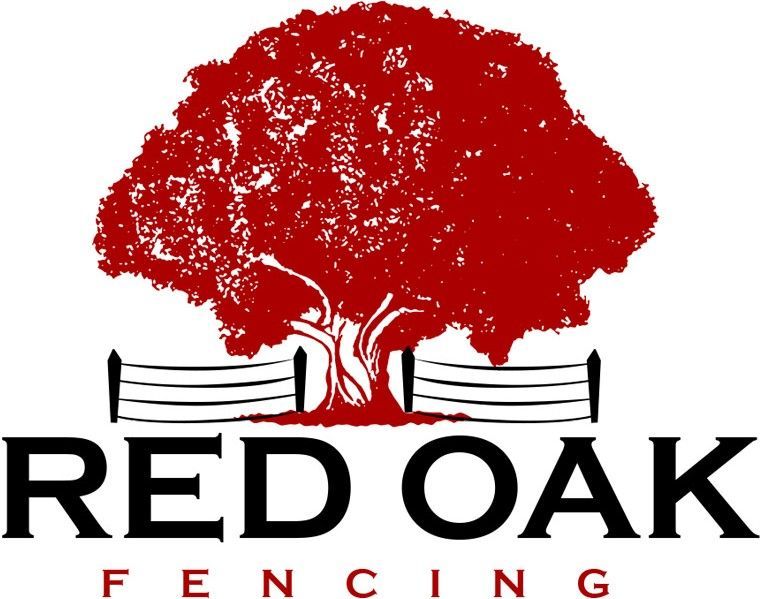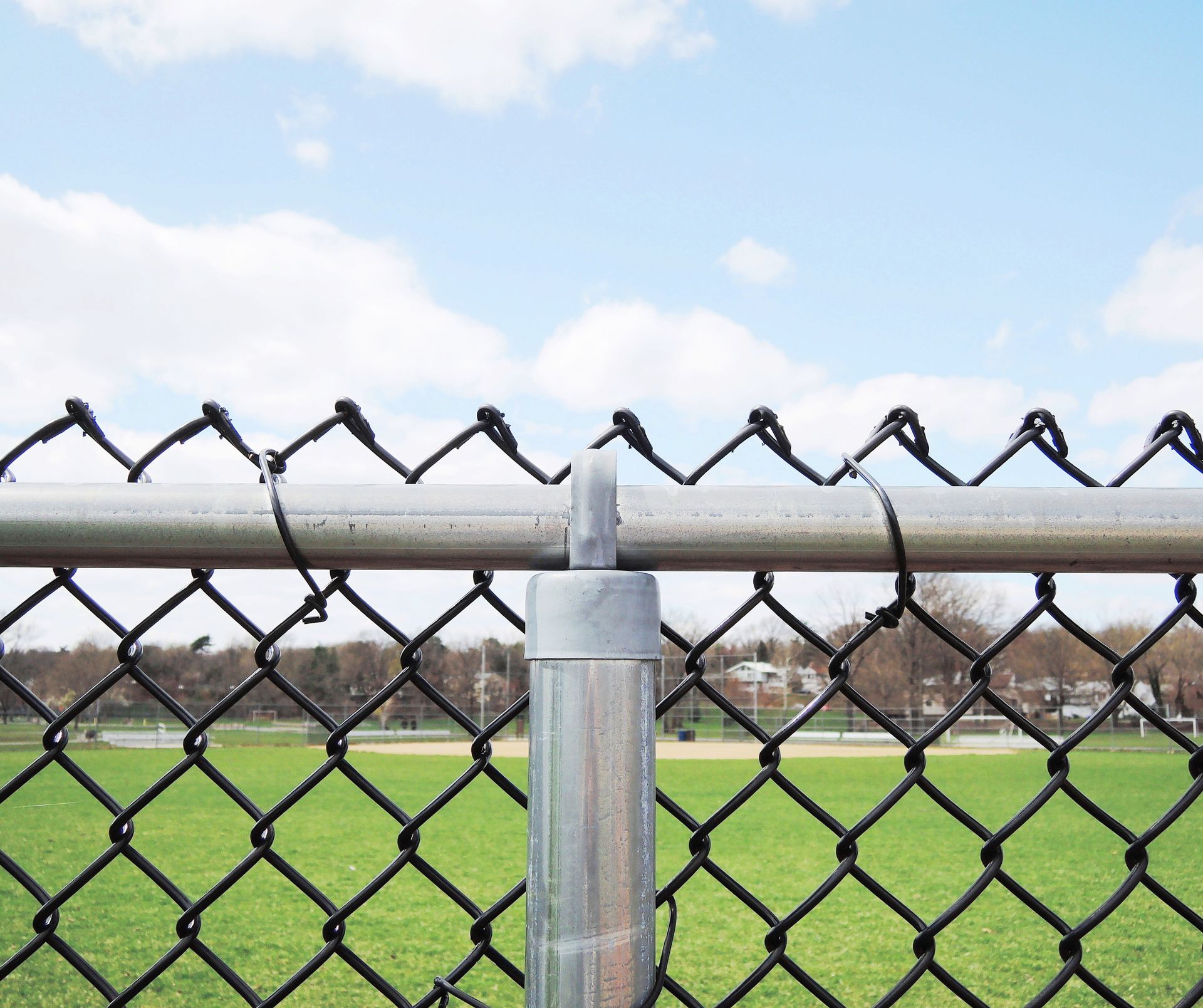October 27, 2025
Choosing the right fencing contractor is crucial for ensuring your fencing project is completed successfully. A properly installed fence enhances security, privacy, and the aesthetic appeal of your property. Hiring a contractor is more than just comparing prices; it requires understanding their qualifications, experience, and legal obligations. Taking time to research and select the right professional helps prevent potential headaches, unexpected costs, and long-term issues. A well-executed fence not only serves a functional purpose but also adds value to your property, making the initial investment worthwhile.
1. Researching Contractor Qualifications
Before hiring a fencing contractor, it is essential to verify their license and certification. Proper credentials demonstrate compliance with state or regional regulations and adherence to industry standards. Checking professional certifications can also indicate a commitment to ongoing education and best practices. Experience matters significantly, as contractors with a proven track record are better equipped to handle terrain challenges, architectural styles, and material selection. Reviewing professional affiliations, portfolios of past work, and customer references provides insight into their credibility, workmanship, and ability to meet client expectations. According to This Old House, fences should generally be no higher than 40 inches to allow larger animals, such as deer, to jump over safely—a detail that experienced contractors will consider in design planning.
In addition to certifications and experience, it is important to consider a contractor’s communication style and professionalism. A fencing contractor who responds promptly, answers questions clearly, and provides thorough explanations demonstrates reliability and a customer-focused approach. Clear communication ensures that expectations regarding timelines, materials, and budget are aligned from the start, reducing the likelihood of misunderstandings or disputes during the project. Homeowners should feel confident that their contractor listens to their concerns and incorporates their preferences into the design and installation process.
Another key factor is the contractor’s approach to problem-solving and adaptability. Unexpected challenges, such as uneven terrain, hidden obstacles, or weather delays, can arise during fencing projects. Experienced contractors anticipate these issues and develop contingency plans to minimize disruption and additional costs. Their ability to adapt while maintaining quality standards ensures that the project proceeds smoothly and meets safety requirements. Selecting a fencing contractor with strong problem-solving skills ultimately protects your investment and guarantees a finished fence that is both functional and visually appealing.
2. Evaluating Financial Aspects
Financial planning is another critical consideration when hiring a fencing contractor. Requesting detailed, itemized estimates allows you to compare costs across multiple contractors accurately. Understanding payment terms, such as deposit requirements and the timing of final payments, ensures transparency and protects both parties.
The contractor’s estimates must align with your overall budget, and discussions about cost-effective materials or phased construction can prevent financial strain. Additionally, reviewing estimates carefully helps identify hidden costs, including permits, site preparation, or upgrades, and ensures adequate insurance and liability coverage is in place. Comprehensive coverage provides peace of mind, safeguarding you from potential accidents or damages during installation.
It is also wise to consider the long-term value of the materials and services included in the estimate. Investing in higher-quality fencing materials or superior craftsmanship may carry a higher upfront cost but can reduce maintenance expenses and extend the lifespan of the fence. A fencing contractor with experience can advise on materials that balance durability, aesthetics, and cost-effectiveness, helping you make financially sound decisions. Evaluating the long-term benefits of your choices ensures that your project is both a smart investment and a functional addition to your property.
Furthermore, discussing contingency plans for unforeseen expenses is crucial. Weather delays, unexpected site conditions, or design changes can lead to additional costs if not addressed in advance. A reputable fencing contractor will outline potential scenarios and provide solutions to minimize financial impact, allowing you to plan accordingly. By proactively addressing budget considerations and potential extra costs, homeowners can maintain control over the project’s financial aspects while avoiding surprises, ensuring a smoother and more predictable fencing installation process.
3. Assessing Material Quality and Options
The quality of fencing materials directly impacts durability, maintenance, and appearance. When hiring a fencing contractor, it is vital to discuss available options, including wood, vinyl, metal, and composite materials. Durability and maintenance requirements vary significantly, and understanding these factors ensures that your fence aligns with your long-term expectations. Contractors should also consider environmental impact, with sustainable or eco-friendly materials increasingly preferred by homeowners. Aesthetic preferences, including color, texture, and style, should be aligned with your property’s architecture and landscape to achieve the desired visual effect. Warranties and guarantees on materials and workmanship provide additional protection, ensuring support if any issues arise post-installation.
Additionally, a skilled fencing contractor can provide guidance on which materials are best suited to your local climate and soil conditions. Certain materials may perform better in areas with high moisture, extreme temperatures, or heavy wind, ensuring longevity and reducing the likelihood of repairs. Contractors with experience can also suggest combinations of materials or protective treatments that enhance durability while maintaining the desired aesthetic. By carefully selecting materials based on both functionality and design, homeowners can achieve a fence that not only looks appealing but also stands the test of time with minimal upkeep.
4. Understanding the Installation Process
Installation is a complex phase requiring careful coordination and planning. A fencing contractor should provide a clear timeline, detailing milestones from start to completion. Site preparation and permits must be addressed, including clearing debris and securing legal approvals, to prevent delays or fines. Installation techniques vary depending on material and site conditions, and competent contractors will explain their approach and the equipment they use. Maintaining open communication is essential, allowing you to receive updates and address issues promptly. Post-installation support, such as repairs or inspections, ensures your fence remains in optimal condition and reflects the contractor’s commitment to long-term customer satisfaction.
5. Evaluating Contractor Reputation
Reputation is a strong indicator of a fencing contractor’s reliability and quality of work. Researching online reviews, social media presence, and testimonials provides valuable insight into their performance. Checking ratings with the Better Business Bureau (BBB) offers an official measure of trustworthiness and professionalism. Industry awards, recognitions, and community engagement further reflect a contractor’s commitment to excellence and ethical practices. A high level of repeat business and referrals indicates consistent customer satisfaction, signaling that the contractor maintains long-term client relationships. Evaluating these factors helps ensure that you hire a trustworthy professional who will deliver quality results.
6. Legal and Contractual Considerations
Legal and contractual clarity is essential to protect both the homeowner and the fencing contractor. A comprehensive contract should outline the scope of work, timelines, payment terms, and obligations of both parties. Understanding dispute resolution processes ensures conflicts are handled efficiently and fairly. Clear change order policies manage modifications in project scope, schedule, or costs without disruption. Confirming proper licensing and bonding offers additional security, ensuring the contractor is legally qualified and financially accountable. Well-defined termination clauses clarify the conditions under which the agreement can be ended, protecting your rights and ensuring preparedness for unforeseen circumstances.
By carefully evaluating qualifications, financial considerations, material quality, installation processes, reputation, and legal factors, you can select a fencing contractor who meets your needs and delivers a successful project. Take time to research, ask questions, and make informed decisions to avoid common pitfalls and ensure a durable, aesthetically pleasing fence. Whether it is aligning your budget, confirming warranties, or choosing high-quality materials, thoughtful preparation maximizes satisfaction and investment value. For homeowners seeking professional expertise, Red Oak Fencing provides trusted services backed by years of experience and a commitment to quality. According to industry standards, a properly planned fence enhances both security and property appeal. Contact Red Oak Fencing today to begin your project with confidence.



